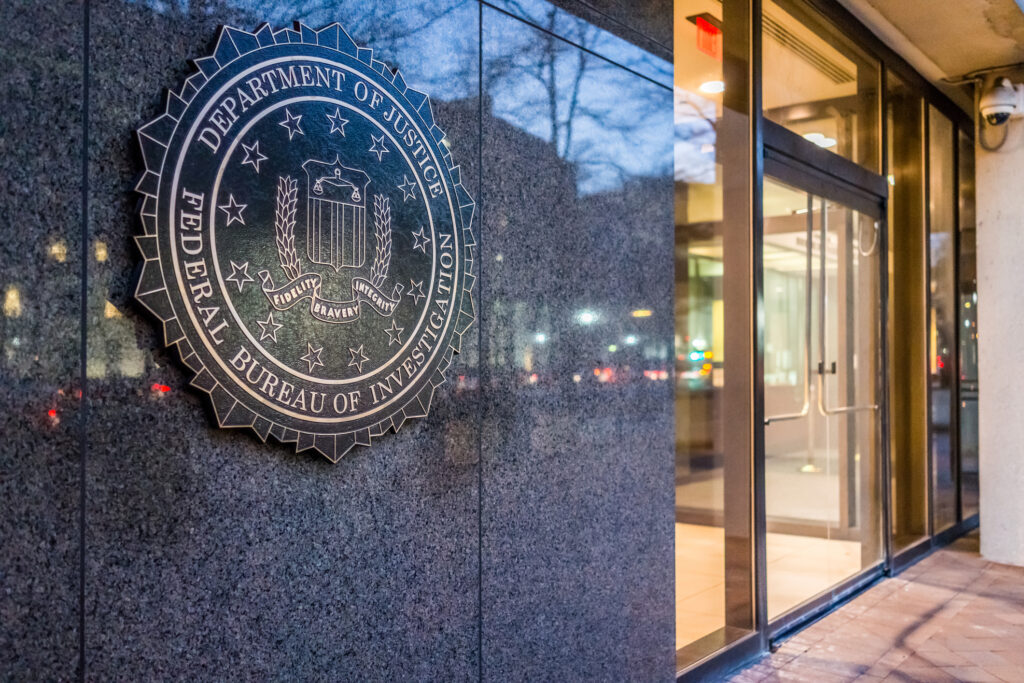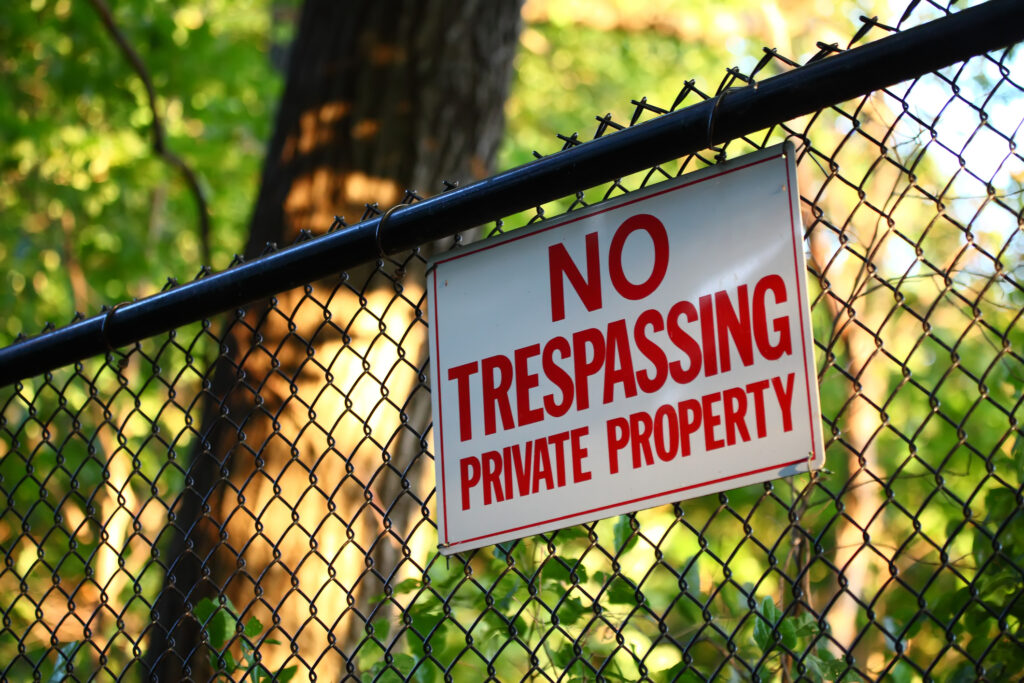If Congress or the media seek incisive oversight/accountability questions to ask the FCC about the real world implications and unintended consequences of its Title II net neutrality plans, here are ten that fit the bill.
1. Authority? If the FCC truly needs more legal authority to do what it believes necessary in the 21st century, why doesn’t the FCC start the FCC modernization process and ask Congress for the legitimacy of real modern legislative authorities? Or is it the official position of the FCC that its core 1934 and 1996 statutory authorities are sufficiently timeless, modern and flexible to sustain the legitimacy of FCC regulation for the remainder of the 21st century?
2. Growth & Job Creation? While it may be good for the FCC’s own power in the short-term to impose its most antiquated authority and restrictive Title II regulations on the most modern part of the economy, how would that heavy-handed regulation be good or positive for net private investment, economic growth and job creation?
3. Zero-price? Does the FCC seek new legal theories and authority for the purposes of setting a de facto permanent zero-price for some form of downstream Internet traffic, or not?
4. Consumers? How is it neutral, equal or fair under FCC net neutrality regulations for consumers to pay for faster Internet speed tiers/lanes and their Internet usage, but it is somehow a violation of net neutrality for Silicon Valley giants to pay anything other than a price of zero for delivery of their hugely-outsized downstream Internet traffic? (And why would FCC Title II reclassification also not have the unintended consequence of triggering large new fees and taxes on unsuspecting consumers?)
5. UN-ITU? Would the FCC reclassifying Internet traffic as “telecommunications” enable the U.N.’s International Telecommunications Union the legal authority and cover to assert governance over the Internet like it has long had over international telecommunications, and International telecommunications trade settlements? (And in imposing the most restrictive American regulatory regime available to prevent potential problems, wouldn’t the FCC be leading, and giving political cover to, autocratic nations which seek to impose similar maximal regulation of their Internet for the autocratic purposes of censoring, spying on, and controlling their people?)
6. Cost-Benefit? In any potential Title II action will the FCC abide by the President’s 2011 Executive Order 13563 that requires the FCC to use “the least burdensome tools for achieving regulatory ends,” and to “adopt a regulation only upon a reasoned determination that its benefits justify its costs?”
7. Forbearance? Under a “hybrid” (Title II/Section 706) approach, how does the FCC square the circle of the FCC justifying forbearance from most all Title II regulations by showing there is enough competition to protect consumers, while simultaneously justifying reclassification of the Internet as a Title II utility because of insufficient competition to protect consumers
8. Deployment Barriers? Since Section 706 is about removing barriers to broadband deployment, how would Title II Section 214, which requires that the FCC get prior approval to upgrade any “telecommunications” facilities (a process that can routinely takes months at a minimum), not be considered to be a barrier to broadband deployment under Section 706?
9. Internet Backbone? What is different competitively in the Internet backbone market now from the last 20 years of no FCC regulation, that warrants maximal FCC regulation under Title II for the first time since the Internet was privatized in the early 1990s?
10. Supreme Court? Wouldn’t a June 2014 Supreme Court precedent (Util. Air Reg. Grp v. EPA) — that establishes that FCC rules “must be “ground[ed] … in the statute,” rather than on “reasoning divorced from the statutory text” – disallow the FCC from reclassifying services solely for the purpose of evading other statutory provisions that Congress passed to restrict FCC authority?
[First published at the Precursor blog.]





